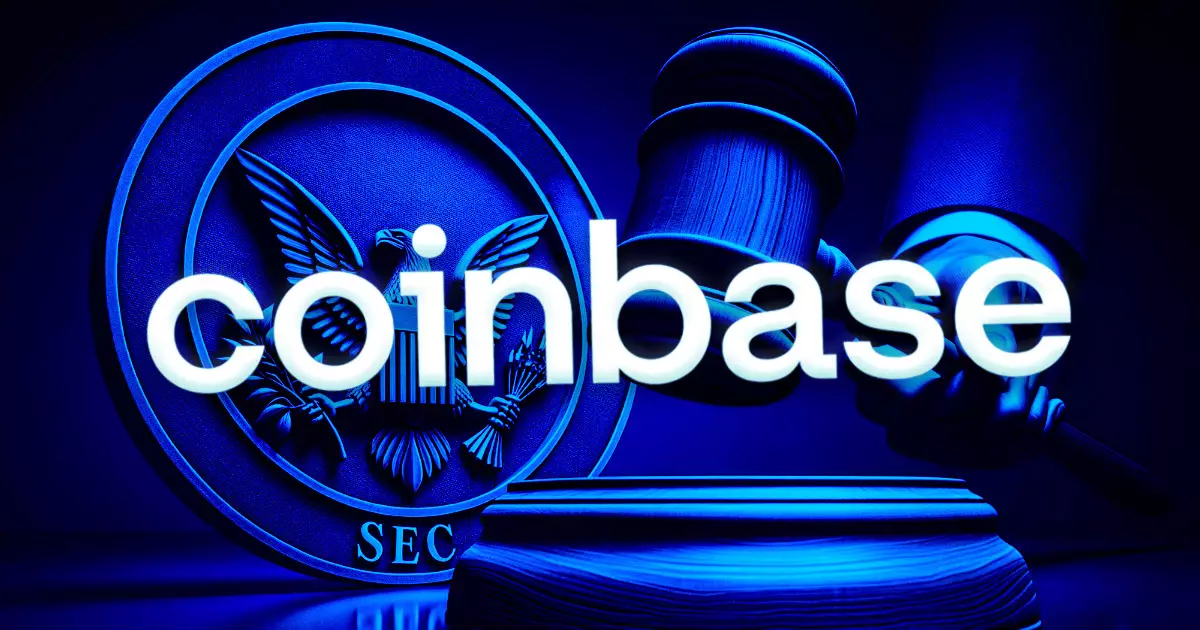Coinbase recently faced a setback when the Securities and Exchange Commission (SEC) rejected its rulemaking petition. This decision has been met with strong criticism from Coinbase, with the crypto exchange calling it “arbitrary and capricious.”
In a petition filed before the US Court of Appeals for the Third Circuit on Mar. 11, Coinbase criticized the SEC for failing to provide substantive reasons for denying the petition. The company’s legal chief, Paul Grewal, expressed disbelief at the lack of clarity in the SEC’s denial, noting that the concerns raised in the petition were legitimate. Coinbase believes that the SEC’s denial represents an abuse of discretion and a violation of the Administrative Procedures Act.
The brief submitted by Coinbase outlined the challenges faced by the company and other cryptocurrency firms in obtaining regulatory clarity from the SEC. Coinbase argued that the SEC’s preference for enforcement actions over establishing clear rules harms consumers and stifles innovation in the industry. The company emphasized that it did not register with the SEC as a national securities exchange or an alternative trading system because it does not offer securities on its platform.
One of Coinbase’s main arguments against the SEC’s decision is the lack of clear rules from the regulator regarding the application of securities laws to digital assets. The company contends that the SEC’s jurisdiction does not extend to cryptocurrencies due to the absence of a regulatory framework for digital asset securities. Coinbase asserts that even if the SEC believes it has the authority to regulate digital assets, it must do so through a formal rulemaking process that allows for public input and scrutiny.
Coinbase’s critique of the SEC’s rejection of its rulemaking petition highlights the ongoing regulatory challenges faced by cryptocurrency firms. The company’s efforts to seek clarity and establish clear rules for the digital asset industry reflect a broader need for regulatory guidance in this evolving space. As the legal battle between Coinbase and the SEC unfolds, the outcome will have far-reaching implications for the future of cryptocurrency regulation in the United States.

